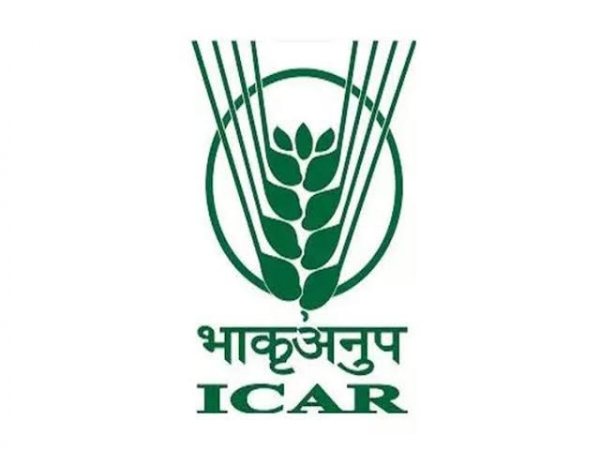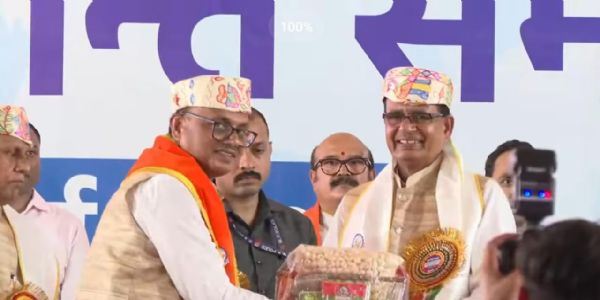
Delhi, 16 July (H.S.): The Indian Council of Agricultural Research (ICAR) is set to host its 97th Foundation Day, an Awards Ceremony, and the Viksit Krishi Exhibition at the C. Subramaniam Hall, NASC Complex, New Delhi, today. The event will be inaugurated by Union Minister of Agriculture and Farmers Welfare, Shri Shivraj Singh Chouhan, and will be attended by various dignitaries including Union Minister of State for Agriculture, Shri Bhagirath Choudhary, Dr Ramesh Chand from NITI Ayog, and senior ICAR officials.
ICAR’s Foundation Day commemorates its establishment as India's leading institution for agricultural research and education, highlighting its significant contributions to enhancing agricultural productivity, food security, and nutrition over the years. The event will showcase the presentation of the ICAR Rashtriya Krishi Vigyan Puraskar and the unveiling of new agricultural technologies and partnerships.
In the year 2024-25, India achieved record food grain production of 353.95 million tonnes, maintaining its status as the largest producer of rice and milk globally. Significant advancements in wheat production were also reported, alongside remarkable horticultural achievements, reinforcing the country's agricultural prowess.
Key initiatives included the release of 109 high-yield, climate-resilient crop varieties by Prime Minister Modi. The flagship programs such as ‘One Scientist One Product’ and ‘Viksit Krishi Sankalp Abhiyan’ impacted about 1.35 crore farmers. ICAR’s crop science advancements saw the release of 679 field crop varieties and dramatic improvements in production metrics for major crops, including wheat and pulses.
In horticulture, ICAR developed 83 new varieties and supplied over 22 lakh quality planting materials. Their efforts in fisheries included a precision shrimp farming model that yields 30–40 tonnes per hectare, contributing to sustainable aquaculture practices. In natural resource management, ICAR pioneered 35 good agricultural practices and established climate-resilient villages, alongside efforts to mitigate methane emissions in rice cultivation.
Livestock advancements led to the registration of indigenous breeds and the development of new vaccines and diagnostic tools, supporting animal health. ICAR also innovated in agricultural engineering by introducing numerous new technologies aimed at improving efficiency.
Additionally, ICAR heightened its agricultural education initiatives through virtual meetings and training programs, expanding reach and collaboration with numerous agricultural universities. The council also launched extensive agricultural extension programs that benefitted millions of farmers and facilitated technology dissemination through partnerships and MoUs both locally and globally.
ICAR has secured substantial intellectual property protections for its innovations, illustrating its commitment to driving agricultural transformation. Moreover, initiatives to bolster resilience against climate change through affiliation with international forums continue to be prioritized, alongside critical programs aimed at future-proofing India's agricultural landscape.
---------------
Hindusthan Samachar / Jun Sarkar








